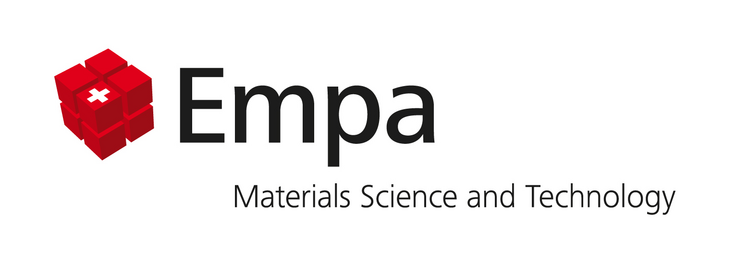Swiss Ai Research Overview Platform


Both conventional, rule-based (RB) and advanced, model-based controllers, such as Model Predictive Con-trol (MPC) show limitations in controlling modern buildings. RB controllers need manual tuning and are suit-able only for single control loops, thus cannot provide system-wide optimization. On the other hand, MPC controllers can provide system-wide optimal performance, but require a model of the building, which is ex-pensive to obtain. Recent advancements in reinforcement learning (RL), and in particular deep RL (DRL), have attracted growing research interest among building control engineers and demonstrated the potential to enhance the building performance while addressing the limitations of RB and MPC control techniques. In 2021 we developed the first prototype of a fully black-box, data-driven pipeline to obtain building control policies based on DRL. We have successfully implemented it and tested it at different units of the NEST demonstration building at our campus and for different purposes, from room temperature control to EV charging. Within the Euthermo project, we are expanding the efforts in this domain with a focus on the scalability of the DRL algorithms for real-world applications in building control. We planned three working packages to support achieving this goal: i) Transfer learning for DRL algorithms for building control, ii) Scal-ing up of DRL algorithms, and iii) Use of linked data within transfer learning and scalable deep RL algo-rithms.
Last updated:10.06.2022